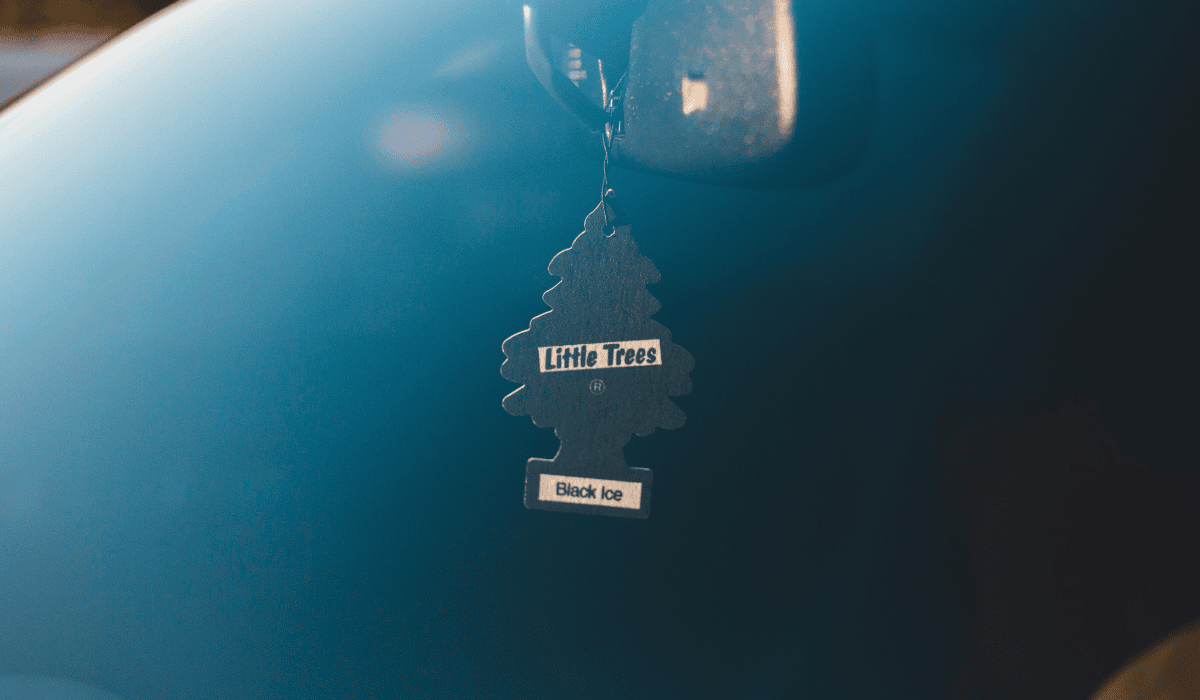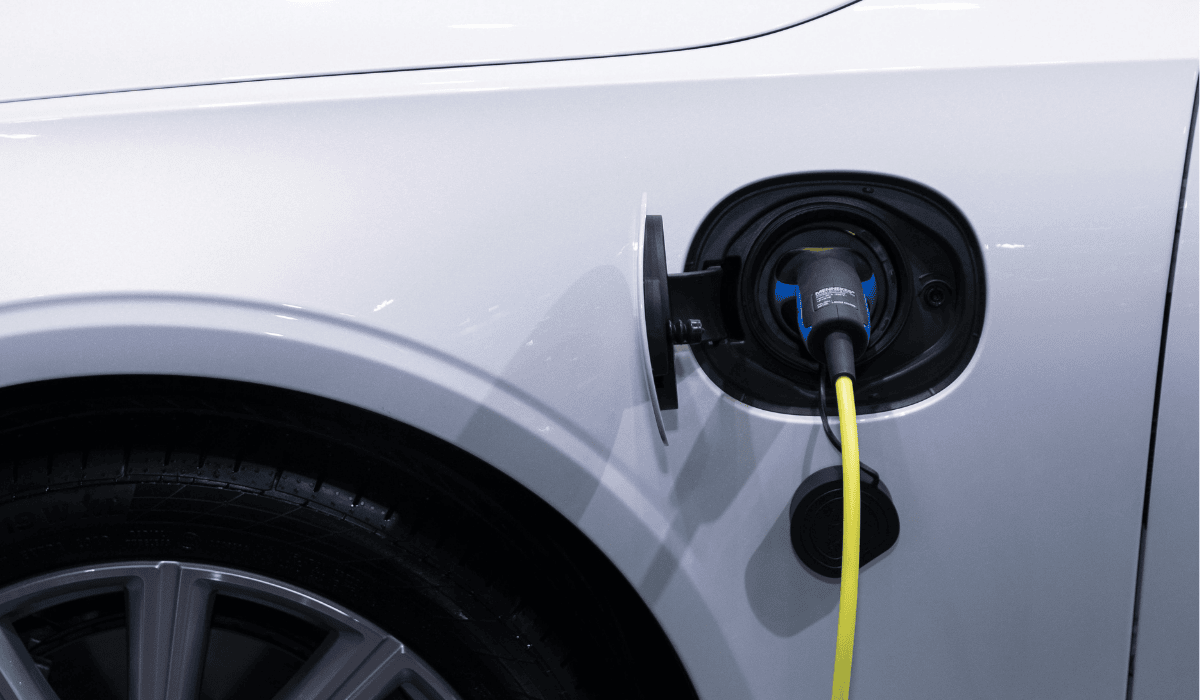Understanding Insurance Groups
Every car sold in the UK is assigned to one of 50 insurance groups. These groups are based on a few key criteria:
Vehicle performance – Faster cars cost more to insure
Repair costs – Expensive or uncommon parts lead to higher premiums
New car value – The higher the price of a new version of the car, the more it costs to insure, as repair parts will also be more expensive.
Security ratings – Cars with alarms and immobilisers are less likely to be stolen
For example, a Hyundai i10 in Group 1 is likely to be £500–£700/year cheaper to insure than a Group 30 car like a BMW 3 Series for the same driver. Speaking of which, if you want to know about the 10 cheapest cars for new drivers to insure in 2026, check out our blog.

1. Choose a Low Insurance Group Car
One of the most effective ways to reduce your insurance premium is by selecting a vehicle that falls into a low insurance group... obviously. In the UK, cars are grouped from 1 (cheapest to insure) to 50 (most expensive), as explained above. It may not be the fanciest of cars, but if you're trying to keep your costs low, new drivers should aim for vehicles in groups 1–10. Of course, once you got some driving experience under your belt, and you keep racking up your no claims bonus, you'll be able to go for something that looks a little less square-like (spoiler, all of these cars look like squares).
Examples of low-insurance cars include the Hyundai i10, Volkswagen Up, Skoda Citigo, and Toyota Aygo. These vehicles tend to have smaller engines, lower repair costs, and fewer claims associated with them. We have an entire blog which can walk you through the 10 cheapest cars for new drivers to insure in 2026.
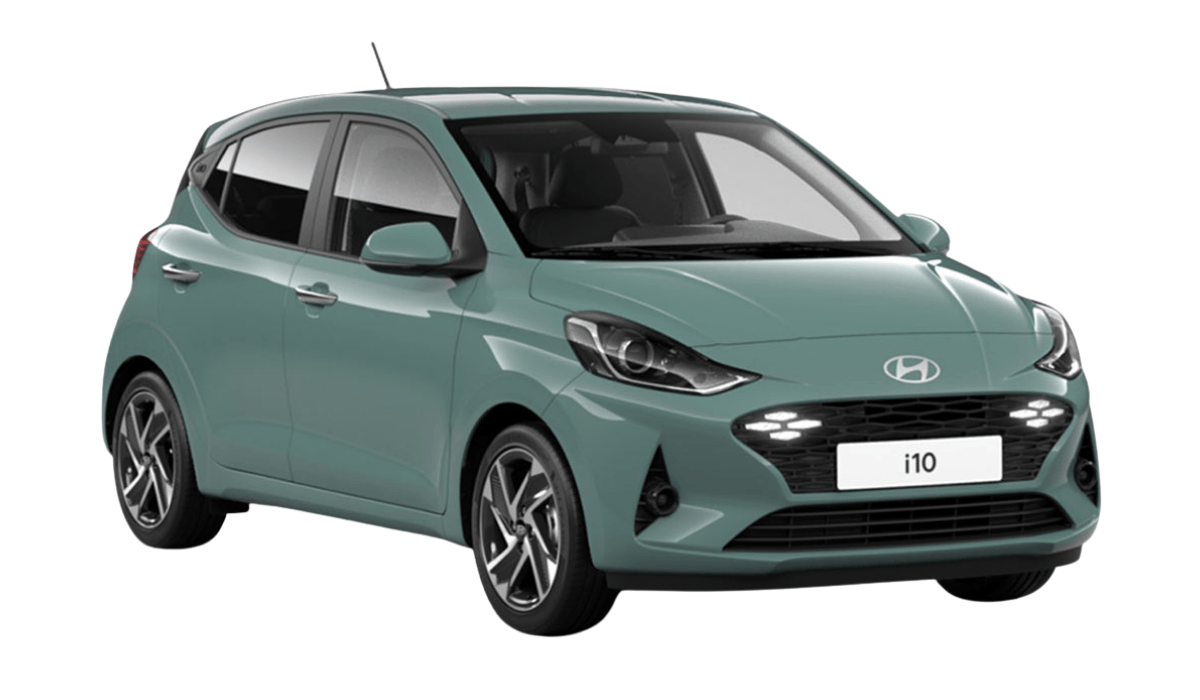
2. Add a Named Driver
Adding an experienced driver to your insurance policy, such as a parent or older sibling, can often reduce your premium. Insurers view policies with experienced named drivers as lower risk, assuming they’ll be sharing some of the driving responsibility. Keep in mind, not all insurance policies will let you do this, so would definitely be worth checking before you decide which policy to go for.
Examples of insurance companies that let you add a named driver include: Saga, Admiral, and Aviva.
However, ensure that you are still listed as the main driver. Misrepresenting this (known as fronting) is a form of insurance fraud and could invalidate your policy.

3. Avoid Modifying the Vehicle
Or better yet, just don't. Vehicle modifications, such as alloy wheels, tinted windows, or upgraded audio systems, can increase your premium. These changes may raise the value of the car or signal to insurers that it’s more likely to be involved in a claim. Similarly changes that enhance the cars performance or speed, also signal to insurers that it's more likely to be involved in a claim.
There are, however, some modifications that could reduce premiums, such as security enhancements (trackers, upgraded lock system, etc.) but this is not guaranteed and could just leave you with more money out of pocket.
If you're a new driver aiming for lower costs, it's best to keep your vehicle as close to factory condition as possible. Regardless, if you do or don't care about the costs, you should at least inform your insurer if you are going to make any changes, to avoid any other complications.

4. Use a Telematics or Black Box Policy
Telematics (or black box) policies are designed specifically for young or new drivers. These policies involve installing a small device in your vehicle, or using a mobile app, that monitors your driving behaviour.
Driving safely (e.g. avoiding hard braking, speeding, or late-night trips) can result in lower renewal premiums and occasional discounts throughout the year.

5. Increase Your Voluntary Excess
Your excess is the amount you agree to pay upfront toward a claim. By choosing a higher voluntary excess, insurers are more likely to offer a lower premium. This is because you’re shouldering more of the potential risk. Similar to car finance, by putting a larger deposit, you're more likely to get a better rate.
Always balance this decision wisely: don’t select an excess so high that you couldn’t afford to pay it if you were involved in an accident.

6. Park in a Safe Location
Where you park your vehicle, both day and night, has a big impact on your quote. Cars parked off-street, in garages, or in secure driveways are seen as less likely to be vandalised or stolen.
When completing your insurance quote, be accurate about your parking arrangements, as providing misleading information could affect your ability to make a successful claim.

7. Pay for Your Policy Annually
While paying monthly may seem more manageable, insurers often add interest and administrative fees to monthly instalments. If you're able to pay for your policy in full at the start, you can avoid these extra costs and often save 10–15%.
If budgeting upfront is an issue, consider saving gradually before your renewal date or using a 0% purchase credit card (if you have the discipline to repay it).

8. Compare Quotes from Multiple Insurers
Insurance prices vary significantly between providers. Before committing, use comparison tools like Compare the Market, GoCompare, Confused.com, and MoneySuperMarket to get a range of quotes.
Also check direct-only insurers like Direct Line or Aviva, some of them aren’t included on comparison sites and may offer more competitive rates.

9. Avoid Small Claims When Possible
Even if you’re not at fault, making a claim can sometimes result in increased premiums. If the cost of repairing minor damage is less than or close to your excess, consider paying out of pocket.
This can help preserve your no-claims discount and avoid any red flags on your insurance history for the next few years.
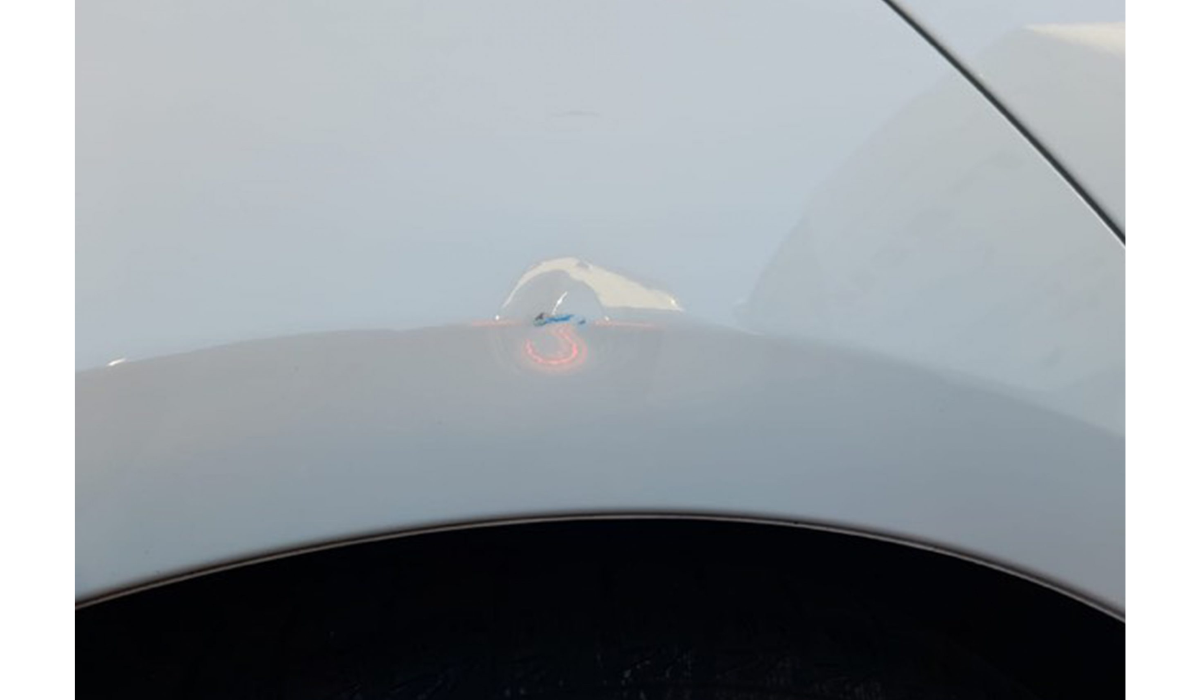
10. Consider a Pass Plus Course
The Pass Plus course is a short advanced driving programme aimed at new drivers. It includes motorway driving, night driving, and driving in adverse conditions—areas not typically covered during standard driving lessons.
While not every insurer offers discounts for completing Pass Plus, many do. More importantly, it can make you a safer, more confident driver—which naturally reduces risk.
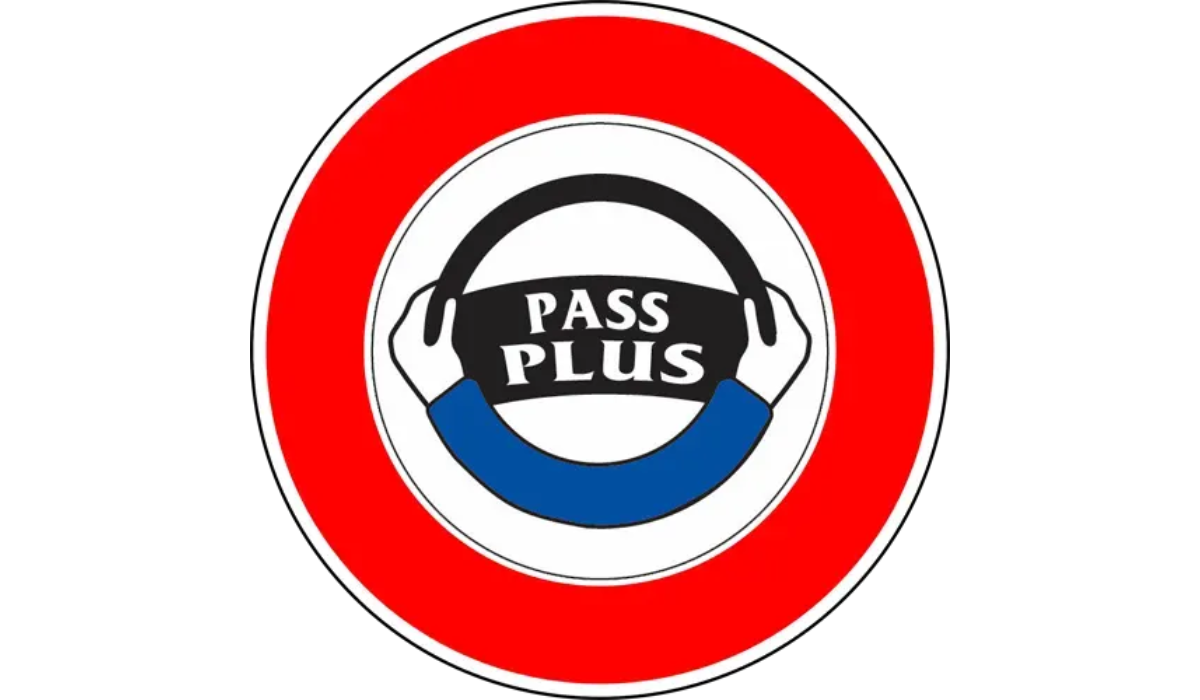
Conclusion
High premiums don’t have to be the cost of entry for new drivers. With the right combination of vehicle choice, policy setup, and driving habits, it’s possible to make your insurance significantly more affordable, even in your first year on the road.

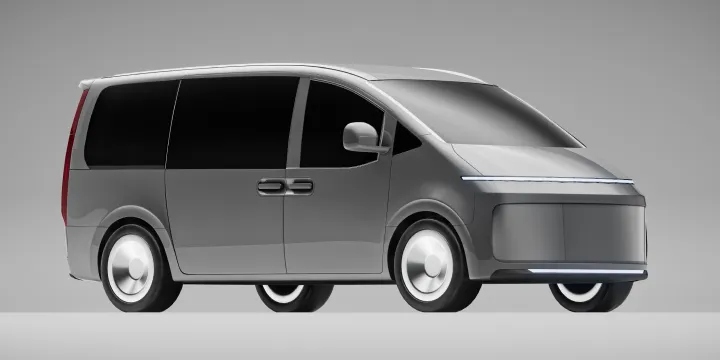






.svg)



.png)


